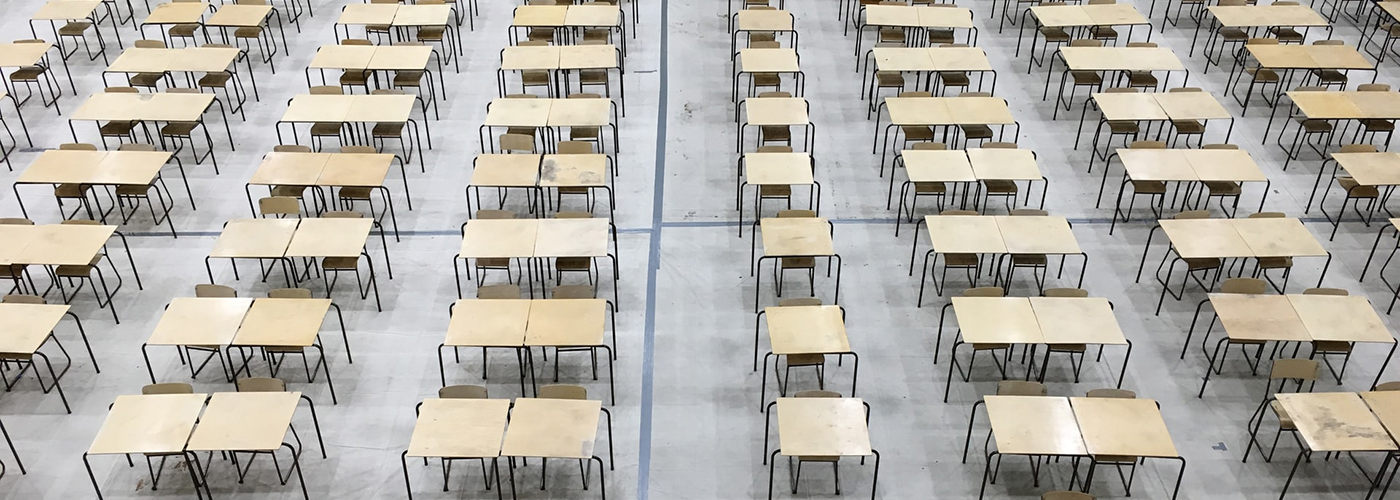
Bias in teacher judgements
Quite recently, teachers were asked to predict students’ GCSE and A-level marks because exams could not take place due to the Covid-19 crisis. This sparked public debates about a concern that has been frequently highlighted over the last decades: teacher judgements might be biased putting students from certain groups of the population at disadvantage.
Social or ethnic teacher bias is problematic because teachers have an important influence on students’ self-esteem, academic motivation and school achievement. Moreover, in many countries they make critical decisions about ability groupings, school tracking and grade retention. If teachers underassess the performance, effort or enjoyment in school of certain students, they can harm students’ self-esteem and hinder them to achieve the education and life outcomes they could have attained through their abilities. Research shows that positive teacher-student relationships, which are characterised by openness and mutual understanding, are highly beneficial for students, especially in primary school. Teachers’ inaccurate and possibly biased perceptions of students can be detrimental for teacher-student relationships.
Research methods
The BIPE Project is using large-scale survey data to study how students’ socioeconomic and ethnic background is influencing to teacher assessments of the school performance and attitudes about school of primary school students in different European countries, England, Scotland, Germany and Ireland. It aims to shed light on the processes underlying teacher-student relationships and teachers’ judgements of students by understanding how individual characteristics of students (e.g., their abilities, engagement in class, parental involvement) and national contexts such as teacher training and education systems frame teacher assessments and interactions between teachers and students.
An important principle of this project is the engagement of teachers, teacher educators, head teachers and primary school students to inform the study. Over the project period, the researchers meet with teachers, teacher educators, and head teachers to share experiences and views that inform the study’s research design and interpretation of findings.
Preliminary findings
Teachers and students in primary schools in England and Scotland are ‘not on the same page’ when it comes to assessing students’ attitudes to school. Teachers tend to underestimate the enjoyment in school and effort of children from socially disadvantaged families and certain ethnic minority groups. Read more about our preliminary findings.
BIPE Project results
The findings of the BIPE Project are showing what factors primary school teachers from different countries take into account when they evaluate the feelings and attitudes about school of their students, and when they assess their school performance. This knowledge can help improve assessment approaches, student-teacher relationships and family-school interactions.
To facilitate the impact of this study on practice and education policy, the researchers are creating materials for Initial Teacher Training and teacher CPD as well as briefs for head teachers, policy makers and third-sector organisations.
Knowledge exchange activities include workshops with teachers and teacher students across England and Scotland. Read more on past and upcoming events.

